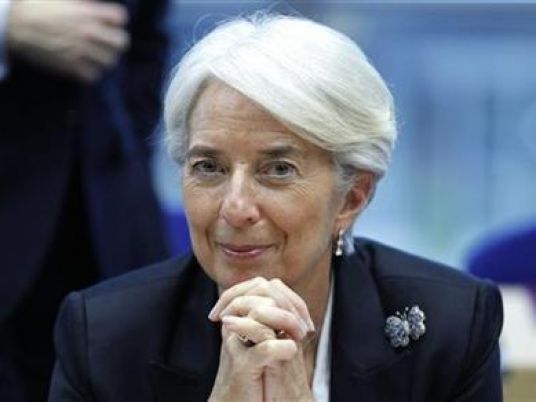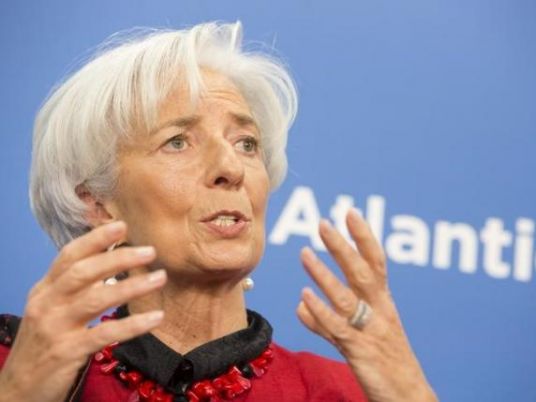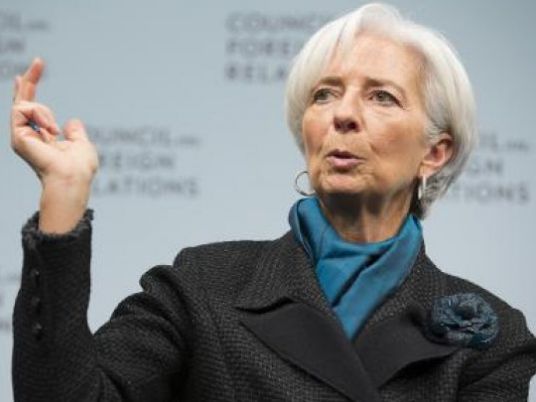
IMF chief Christine Lagarde said Wednesday that major advanced economies were seeing "better news" thanks to cheap oil, currency shifts and low interest rates that encourage investment.
"For once in a long time there are clearly some relatively better news on the horizon of the advanced economies. And this has not happened in awhile," she said in Berlin.
"We clearly have a rebound of the US economy, an improvement and good growth showing in the UK, and the euro area is also now turning the corner," said Lagarde at a joint press conference with German Chancellor Angela Merkel and the heads of the World Bank, WTO, ILO and OECD.
For the long-struggling eurozone, she said "we have had a good result, better than expected, during the fourth quarter" and signs that "European growth is probably going to turn better than expected".
This contrasted with "slower growth than expected in the emerging market economies. This is the case in China, deliberately so, it is certainly the case in Russia."
She said the low price of oil has different impacts on different countries but was considered by the IMF "as a net positive for the global economy".
On currency markets, she said, there had been "an appreciation of the dollar and a depreciation of the yen and the euro which is clearly having an effect on the export activities of those countries".
Meanwhile, economies benefited from "the low cost of financing" brought by very low interest rates.
"So we've got three factors that are acting as boosters to the global economy and particularly to those advanced economies that combine the benefit of lower price of oil, currency valuations … and lower cost of investment".
She added that there are "risks on the horizon", pointing to geopolitical turmoil including the Ukraine crisis, and the diverging monetary policies of major economies.
"We will also have risks stemming from the monetary policies that we are seeing at work," said Lagarde.
"We will probably expect a return to more traditional monetary policy by the Fed, while at the same time we have continued or renewed accommodative monetary policies by Japan and the European Central Bank.
"So this will clearly involve more volatility and it will also have currency impact in that those countries or those corporates that have borrowed extensively in dollar-denominated loans are going to suffer."



